Modern Healthcare 
These opinion pieces and essays from Modern Healthcare’s 45th anniversary issue highlight a variety of thinking from industry leaders on topics ranging from mental health and staying connected during the pandemic to innovative partnerships and a golden age for both health systems and healthcare.
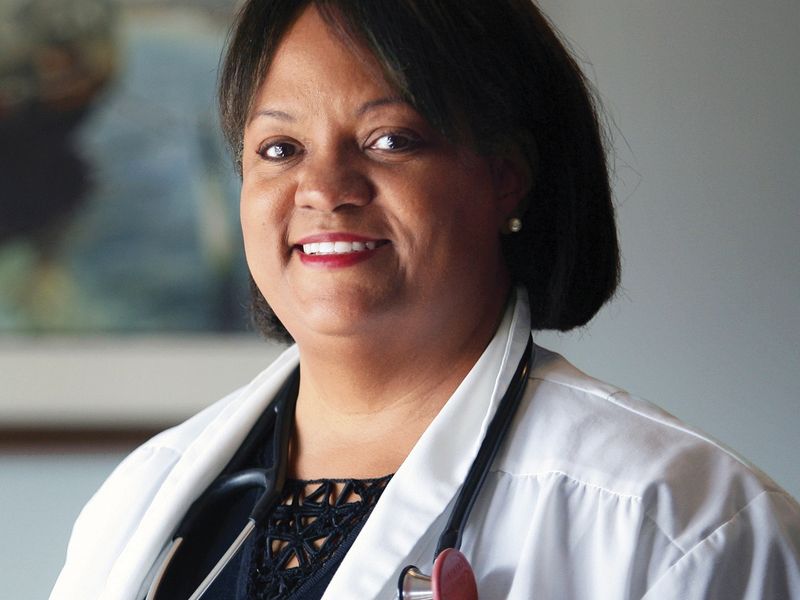
Dr. Regina Benjamin served as the 18th U.S. Surgeon General
Who can fix the U.S. healthcare system? It will take all of us
From my days in solo practice in rural Alabama, to organized medicine, to U.S. Surgeon General, to not-for-profit and corporate boardrooms, I have been working to improve the health of our patients and our communities. Throughout my career, I have discovered that trying to move our healthcare system from one focused on sickness and disease to one based on wellness and prevention is easier said than done. Following are few of my observations over the years. Read more here. –Dr. Regina Benjamin
From the publisher: Keeping the industry connected
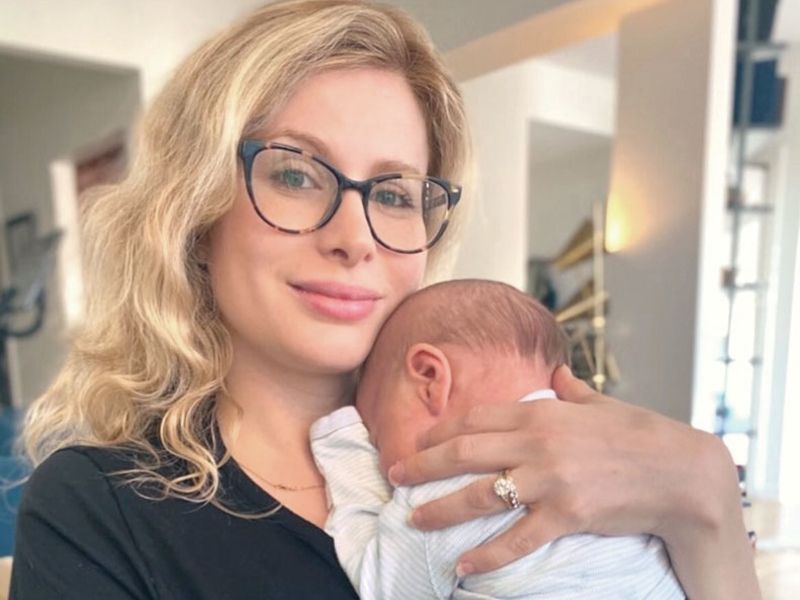
Chrissy Farr is a principal at OMERS Ventures—and a new mom.
Stepping up to handle the mental health needs of Gen Z
We know that teens face a growing mental health crisis—and that this is a critical time to intervene. About half of all lifetime mental illnesses develop by age 14 and 75% by the age of 24, according to the National Alliance on Mental Illness. Globally, depression is the fourth leading cause of illness and disability among adolescents ages 15 to 19 years, according to the World Health Organization.
As a former journalist and now a venture capitalist at OMERS Ventures focused on digital health, one of the biggest opportunities I see is to partner to serve our adolescents to help influence future outcomes. Read more here. –Chrissy Farr
Staying connected during and past the pandemic
When I reflect back on the past 18 months, two themes emerge—tragedy and triumph.
Tragedy is seen in the unimaginable suffering and death we continue to experience in our nation and across the globe, claiming the lives of more than 600,000 Americans and 4 million worldwide.
The physical and emotional toll on families and individuals, whether they lost someone to the virus or contracted it themselves, will also continue to mount. Read more here. –Chip Kahn
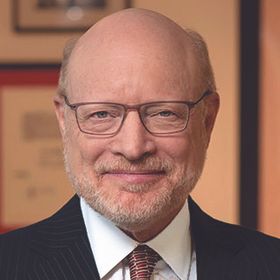
These 45 leaders exemplify collaboration created in service to the patient
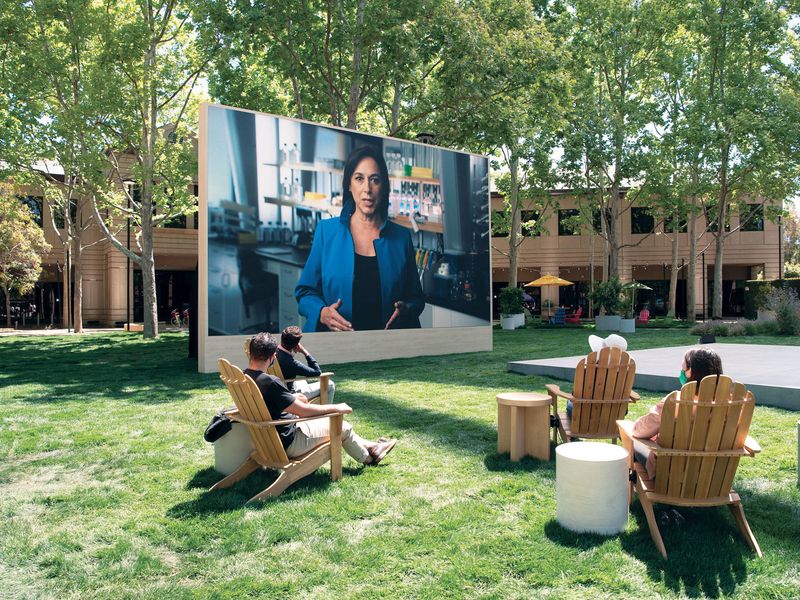
Dr. Karen DeSalvo is chief health officer at Google. She served as National Coordinator for Health Information Technology from 2014 to 2016 and U.S. Assistant Secretary for Health from 2014 to 2017.
During the pandemic, Google conferencing allowed her to remain connected to her colleagues.
The power of partnership—imagining a new future for public health
The past decade marked impressive advancements during the digital era of American medicine. Hospitals across the country digitized their medical records, innovators developed tools for care coordination like telehealth and remote patient monitoring, and patients and consumers increasingly turned to the internet and mobile devices to better engage with their physicians and take ownership of their health.
However, while the advent of new technologies has changed how we work in medicine, the developers of these products have not always changed how they work with medicine. Too often, technology has leveraged clinicians as advisers rather than co-creators, and as such, many new products have fallen short of their potential to drive system transformation in healthcare.
Putting healthcare front and center requires giving clinicians a seat at the table. Read more here. –Dr. Karen DeSalvo
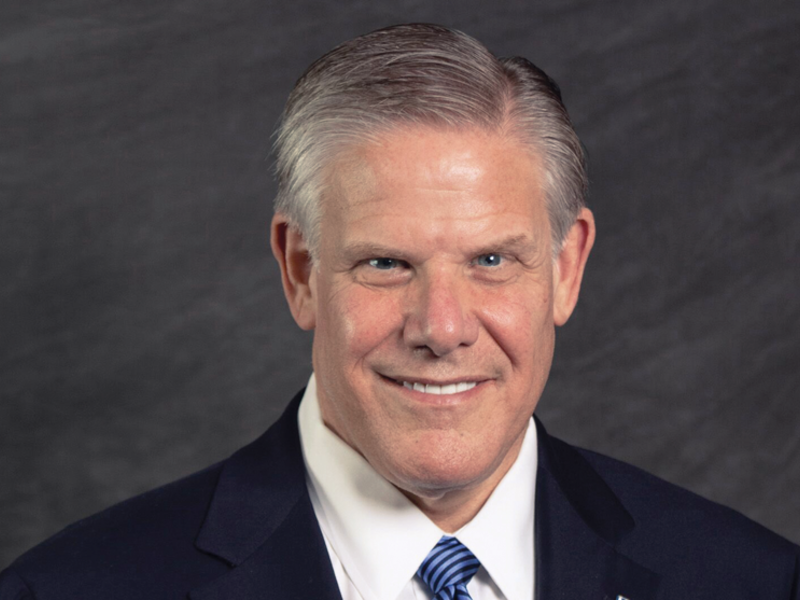
Rick Pollack, president and CEO of the American Hospital Association
Together, healthcare organizations and their communities can do great things
Innovative partnerships were redefining healthcare the same year Modern Healthcare’s magazine came on the scene in 1976, and these collaborations remain at the core to how hospitals and health systems care for patients and communities. These partnerships happen at the local, regional and national level, and will continue to transform the future of healthcare. Read more here. –Rick Pollack
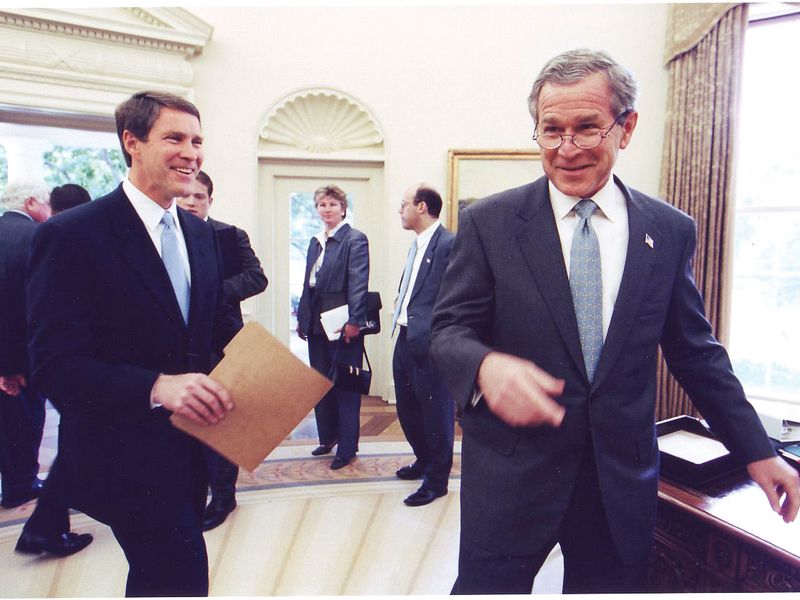
Dr. Bill Frist, a heart and lung transplant surgeon, served as a U.S. senator from Tennessee from 1995 to 2007, including serving as Senate majority leader from 2003 to 2007. Here he’s pictured during a meeting with President George W. Bush.
Together, healthcare organizations and their communities can do great things
When we look back on 2020, undoubtedly a definitive period in our history, perhaps one of our greatest lessons will be the near-miraculous power of partnerships and collaboration.
When we harnessed the greatest scientific minds of the world from both academia and companies and paired them with the financial backing and influence of the most powerful governments, we advanced light-years ahead in vaccine research, viral treatments and diagnostics.
Of course this is not the first time we’ve seen partnerships yield success. Indeed, I believe collaboration and cross-pollination have proven central to moving our healthcare system forward. Let me give three examples. Read more here. –Dr. Bill Frist
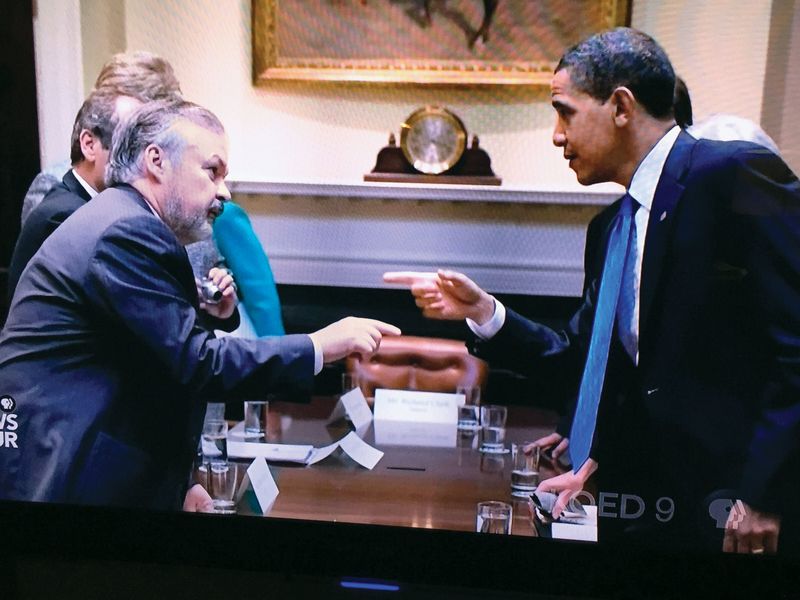
George Halvorson is now chairman and CEO of the Institute for InterGroup Understanding. He served as chairman and CEO of Kaiser Permanente from 2002 to early 2013. Here he’s meeting with President Barack Obama to discuss the Affordable Care Act.
How science and education can bring a golden age of healthcare
We are moving into what could be a golden age for both health systems and healthcare.
We will have electronic information on every patient. That data, funneled through artificial intelligence, care algorithms and connected caregivers, can significantly enhance and improve diagnosis, treatment plans, care coordination, and an extremely wide range of settings for receiving care. Read more here. –George Halvorson
Source link : https://www.modernhealthcare.com/opinion-editorial/commentary-highlights-modern-healthcares-45th-anniversary-magazine-issue











